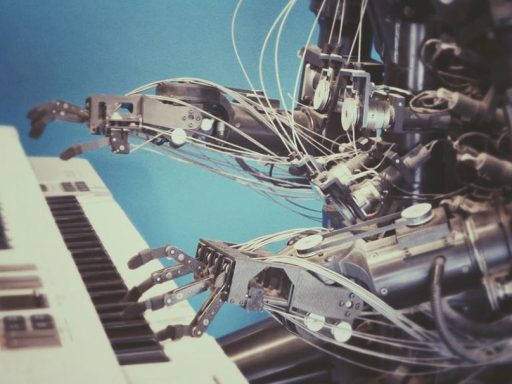
Roger Highfield, Science Director, highlights how we need new ways to engage bigger audiences in discussions about the future of artificial intelligence.
Discover more about Live Science and other research projects held at the Museum. Live Science is an ongoing project where scientists come into the Science Museum to carry out research using our visitors as volunteers.

Roger Highfield, Science Director, highlights how we need new ways to engage bigger audiences in discussions about the future of artificial intelligence.
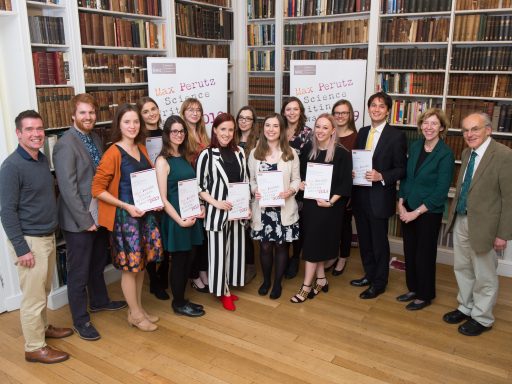
Roger Highfield, Science Director, announces the winners of the Medical Research Council’s annual Max Perutz Science Writing Award.

A study claims that digital computers are not always accurate because of the flawed nature of the numbers that they rely on, reports Science Director Roger Highfield.
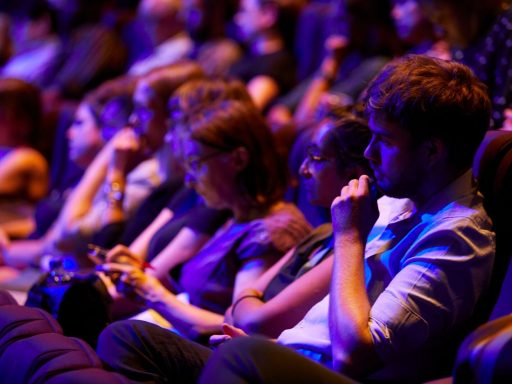
Roger Highfield, Science Director, reports on a recent discussion of the toxic fiction that is ‘race science’.
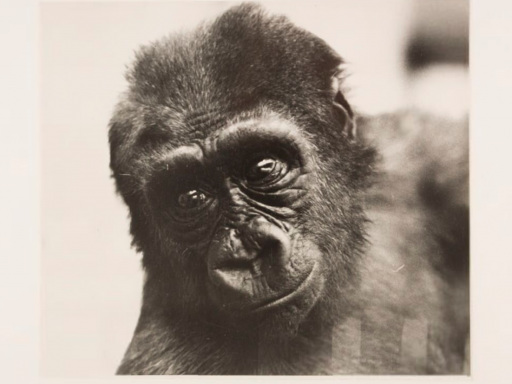
Dr. Gillian Forrester from Me, Human and Birkbeck, University of London investigates how traits from our 500 million-year-old brain still underpin some of our most important human behaviours, as part of a Live Science residency at the Science Museum.
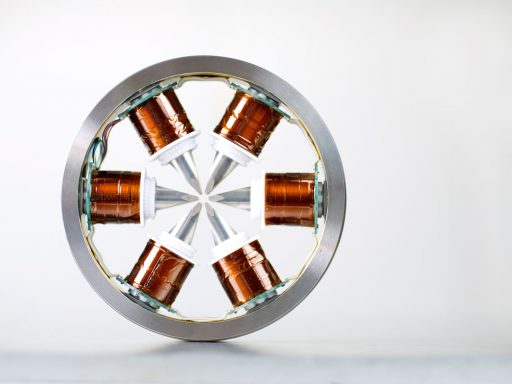
Roger Highfield, Science Director at the Science Museum Group and judge of the European Inventor Award introduces this year’s finalists and explains how to vote for your favourite.
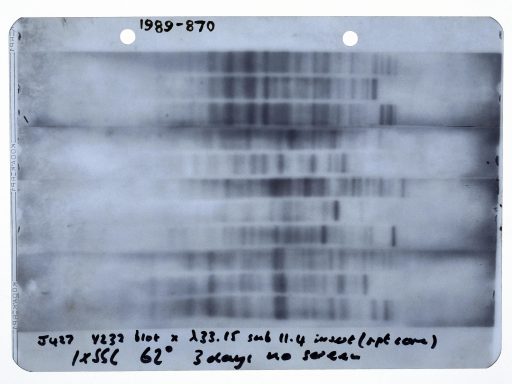
Margaret Campbell explores the science of solving crimes, from the world of CSI to DNA finger prints and forensic chemistry in the real-life judicial system.
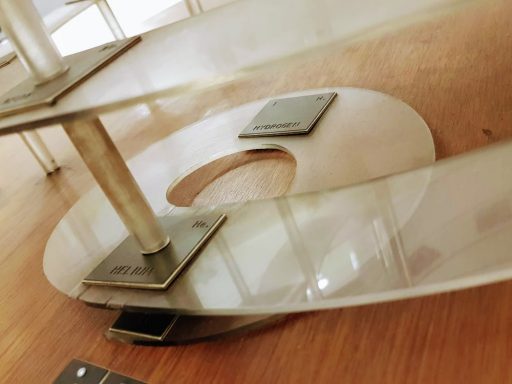
With this year being the International Year of the Periodic Table, it’s an exciting time to be a chemist.
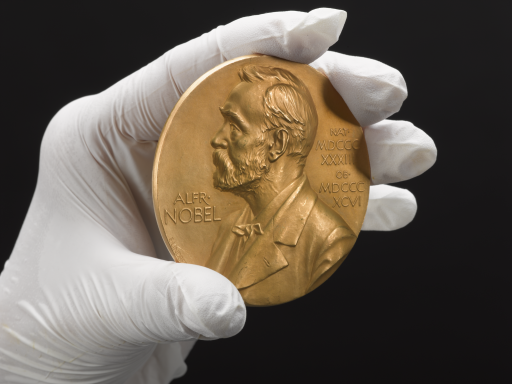
In the run up to the opening of our Medicine Galleries later this year, Roger Highfield reports on an unlikely story of how a road rage attack provided the secret of scientific success, leading to a Nobel Prize.

Dr. Heather Kappes from the London School of Economics and Political Science (LSE) investigates how and why we spend our money the way we do, as part of a Live Science residency at the Science Museum.
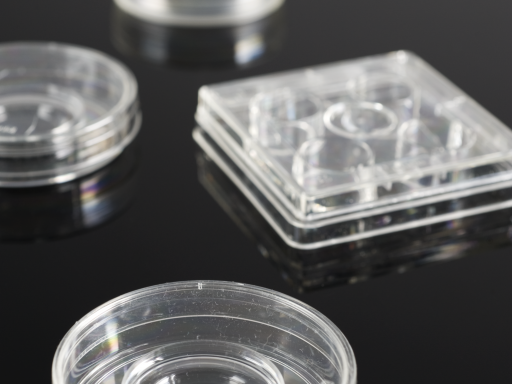
As our exhibition ‘IVF: 6 Million Babies Later’ closes we explore the news that the first genome edited babies have been born.
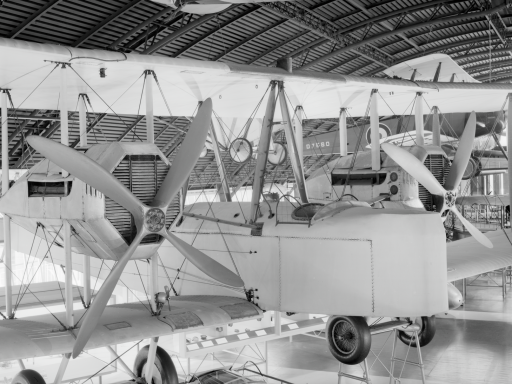
Researchers at the Massachusetts Institute of Technology have achieved the first ever flight of a heavier-than-air aircraft which has no moving parts.